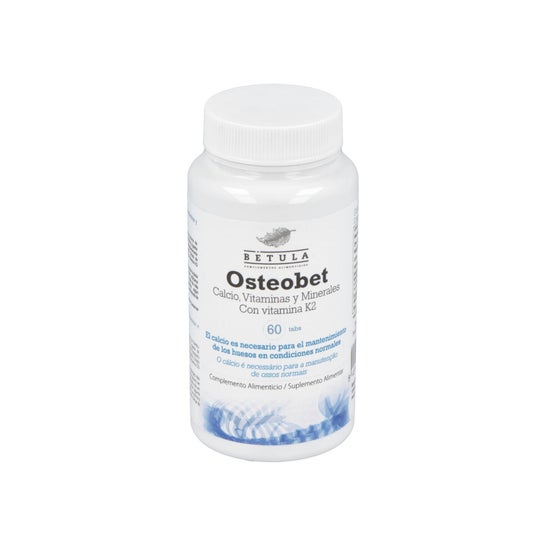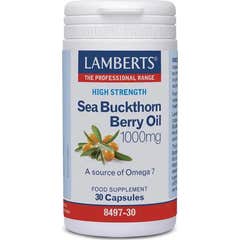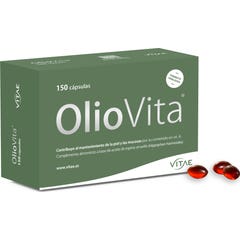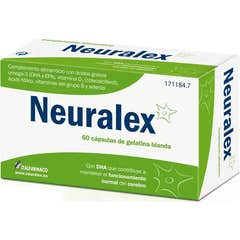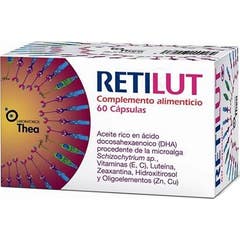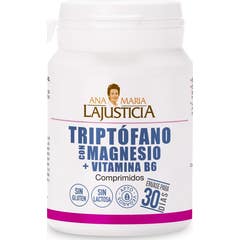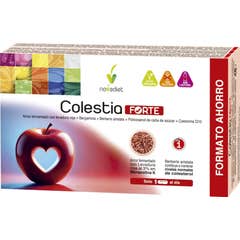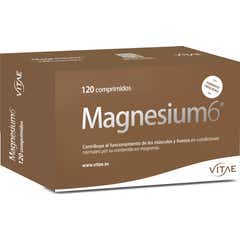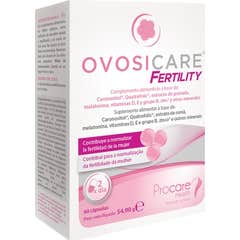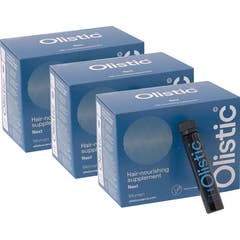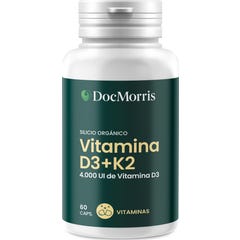Dietary supplement that contains good levels of calcium, necessary for the maintenance of bones in normal conditions. It also includes:
- Vitamins: D and K
- Minerals: magnesium, zinc, manganese, copper, boron, and silicon
- Vitamin K2: Menaquinone
Bone tissue is in constant renewal and owes its rigidity to the crystals of hydroxyapatite (formed by calcium and other minerals) and to proteins such as collagen.
Suitable for vegetarians. Consult a doctor in case of pregnancy, breastfeeding, or taking medications.

